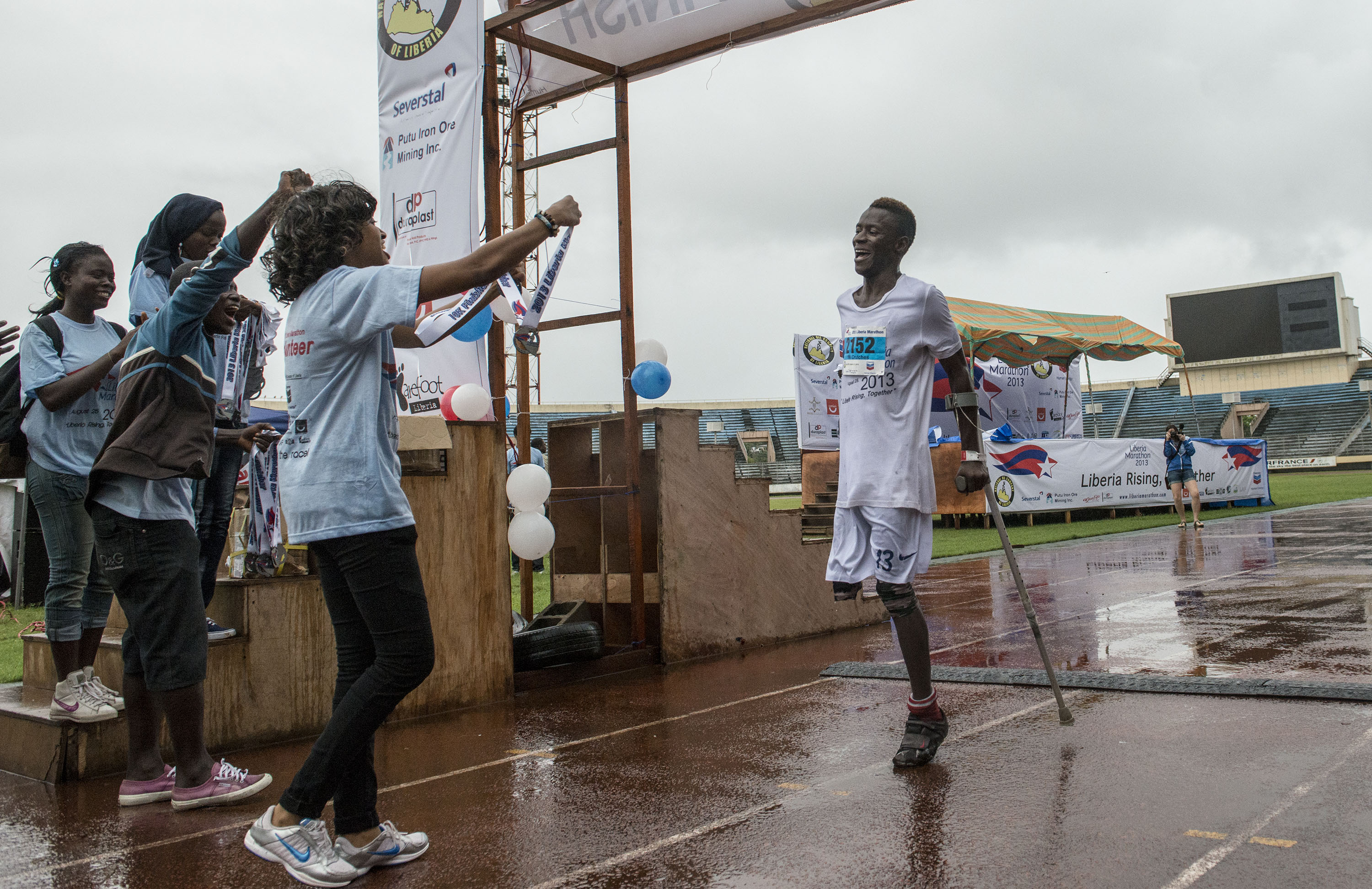
Sports and the expressive arts serve as a powerful tool for the social inclusion of persons with disabilities. The UN recognized sport in its 2030 Agenda as an important contributor to the realization of sustainable development and peace goals due to its promotion of tolerance and respect and facilitation of social inclusion, conflict prevention, and peacebuilding.
The 12th session of the Conference of States Parties (COSP12) to the Convention on the Rights of Persons with Disabilities (CRPD) on 11 to 13 June, at UN Headquarters in New York, discussed the power of sports through its sub-theme of the inclusion of persons with disabilities in society through participation in cultural life, recreation, and sports.
The United Nations Department of Economic and Social Affairs (UN DESA), the United for All Peoples, the Manhattan Multicultural Counseling, the Permanent Mission of Monaco and New York City Mayor's Office for People with Disabilities organized a side-event for the Conference titled “1 Billion Voices: Making the Invisible Visible: The Power of Sports and Expressive Arts”. The event included a discussion of awareness-raising and best practices for how sport, leisure, physical activity, culture, and arts can contribute to the implementation of the CRPD and Sustainable Development Goals 4 and 10 of the 2030 Agenda. As Ambassador Stephano Stefanile, Deputy Permanent Representative of Italy to the United Nations, stated, “Policies on disability are a collective responsibility that imply the involvement of the entire community.”

The following objectives were put forward for the event:
- Raise global awareness among the private sector and engage it to find innovative solutions regarding challenges faced by persons with disabilities through participation in cultural life, recreation, leisure and sport.
- Exchange good practices, examples, and strategies to make a world more inclusive and accessible to sports for all.
- Encourage national and international cooperation among various stakeholders.
- Inspire individuals around the world to actively participate in making the world a more accessible and inclusive place.
Isabelle Pico, Permanent Representative of Monaco to the UN, stated that “Sport is not a human right, but sport is a means to achieve human rights.” Other speakers addressed the role of sports in breaking down barriers: “Sports for me is one of the equalizers for equality, one of the things that brings people together, irrespective of disability” stated Walton Alfonso Webson, Permanent Representative of Antigua and Barbuda. He continued, “Sports plays a significant role in the lives of all people, and people with disability should not be denied that opportunity.”
The event also included a dialogue between the public and private sector regarding best practices and innovative sustainable policies. Speakers acknowledged the importance of technological advancements in promoting accessibility and emphasized the value of intellectual property and innovation in supporting social development and the inclusion of persons with disabilities.
Source: UNDESA/UNSDN
 Welcome to the United Nations
Welcome to the United Nations